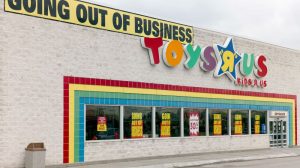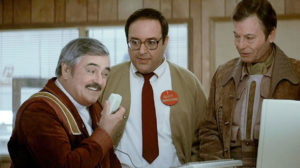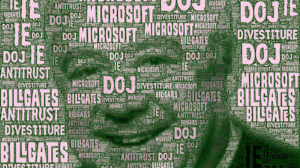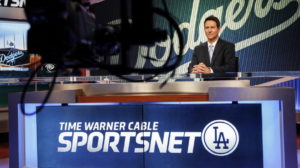For retailers, over-leveraged balance sheets, immense debt service obligations and a failure to adapt to changing consumer preferences are clearly far more significant than anything Amazon has done.
Debunking the Myth of the “Retail Apocalypse”


For retailers, over-leveraged balance sheets, immense debt service obligations and a failure to adapt to changing consumer preferences are clearly far more significant than anything Amazon has done.

The “retail apocalypse story” is false. The lesson from Christmas ‘17 is that Amazon is good for consumers, good for competition and, yes, good for traditional retailers. Leave it be.

The malleability of market boundaries and aggressive AI competition among online services should help rebut claims that not only Google, but Facebook and Amazon as well, are somehow illegal monopolies.

The hipster antitrust narrative about Internet “monopolies” runs headlong into the reality of fierce artificial intelligence competition among the largest tech companies in the emerging voice-controlled digital assistant space.

By harnessing the business incentives of generic drug firms to limit the anticompetitive power of branded pharmaceutical patent holders, the CREATES Act represents a straight-forward solution to a market failure created by exploitation of legal loopholes in drug industry regulation. It is a remedy that should be strongly supported by the White House and enacted by the new Congress.

It’s been a few years since the district court’s judgment in the landmark Microsoft monopolization case. Brian, Bill and I were all just a tad younger in 2000, don’t you think?

The anticompetitive effects of vertical integration by cable systems have now reached crisis proportions with the ongoing refusal — already more than five months old and with no end in sight — of Time Warner to license Los Angeles Dodgers baseball games for cable or satellite distribution, or local broadcast, on any network other than its own SportsNet LA programming channel.

A French decision on Caribbean yogurt muddies the difference between antitrust and consumer protection, which are quite distinct concepts in America.

The same underlying market power and distribution problems still exist in music licensing, just as they did in 1941.

Three high-level FTC staffers are backing Tesla in its ongoing fight to sell electric cars directly to consumers.